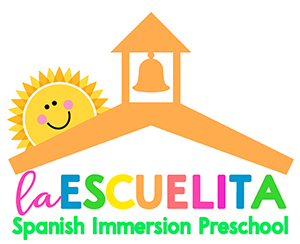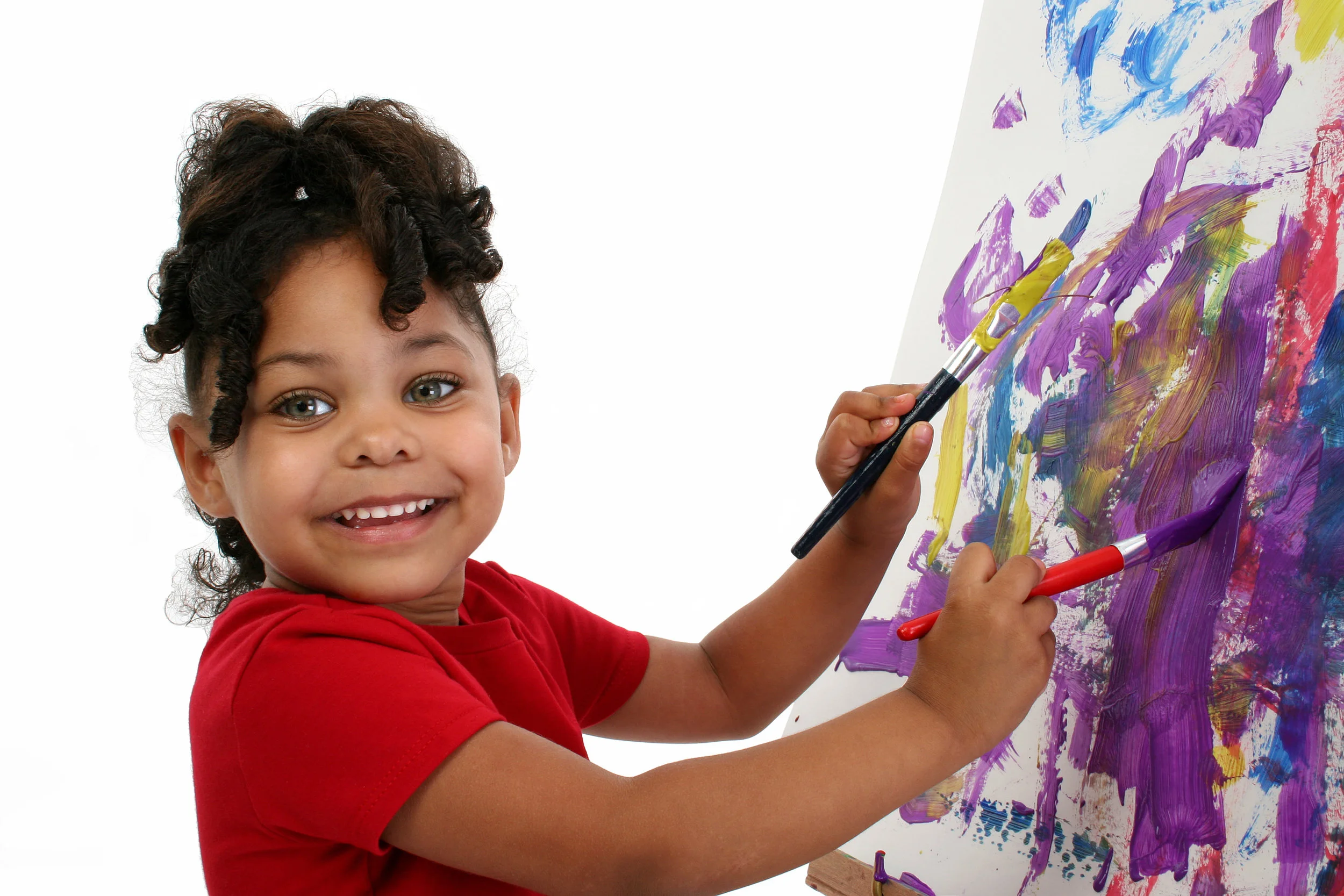It's all about the process
“Validate the process of acquiring a skill, rather than expecting a finished product from an activity”. -Eve Marie Arce”
Parents often ask me what they can do to ensure that children will do well in school, and it could not be any more simple. It is all about the process and not the finished product. To encourage a child's cognitive development you will need to know each child's individual needs and encourage their natural curiosity and confidence. The developmentally appropriate practice guidelines describe giving children choices, providing activities that cover concepts based on prior knowledge, problem solving, and plans for children to review and work as the suitable way to enhance cognitive learning. Learning should be planned, purposeful, and playful. Careful thought should be given to what the children's needs are, and how we can scaffold their learning. Learning that doesn't involve a touch of playfulness at this young age places children's motivation at risk. We should avoid activities that push towards rote memorization and learning isolated facts. Creating meaningful experiences for young children will make learning fun and enjoyable.
“Play is the work of children.” (Piaget, 1962)
For example if a child is fascinated by insects...
- Encourage them to use their senses as they explore nature and have them observe insects that are native to their environment
- Invite them to compare how an insect's body parts compares to theirs
- Incorporate books, poems and songs that relate to insects
- Have them create their own insects out of modeling clay
From a child's perspective, play and learning are not always separate in practices during the early years. It is very important for us to provide purposeful experiences for children that foster curiosity and intellectual engagement.
Leave me a comment I'd love to hear about what your children are interested in!






